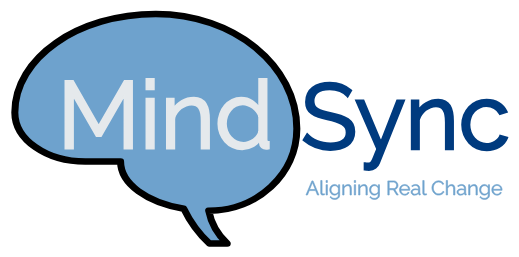Pandemic impact on our minds…
Yesterday we celebrated Valentine’s Day our national love day! Yet, across the workplace and the population, we find many broken hearts who are not in a celebratory mindset. Society is reflecting things like the Great Resignation, social skills atrophy, and a pent-up unrest and longing for something more.
Early in the pandemic we experienced disbelief and shock as it lingered in our minds. Uncertainty grew as we were masked up and disengaged from social interactions.
Next, we experienced three deep needs that were not being met although they were hard to articulate - certainty, control, and connectedness. This also brought on heighted mental distress. From March 2020 to today the percentage of adults with symptoms of an anxiety or a depressive disorder increased significantly, and our children suffered even more. The numbers were triple from those of June 2019.
This has presented enormous challenges to organizations. Our workplace will never be the same. So many believe not working remotely is a deal breaker. However, the brain experiences the workplace first and foremost as a social system.
Working in-office allows our brains to secrete a hormone called oxytocin. This chemical builds bonding and trust and disarms many threat responses. Conversely, the human threat response is aroused when people feel cut off from social interaction or remote work. Loneliness and isolation are profoundly stressful.
Today, many have limited their commitment and engagement to their organization. In the new work environment, employees can quickly feel betrayed or unrecognized which creates a neural impulse as powerful and painful as a blow to the head. And it tends to be more intense and longer lasting than a reward response.
The S.C.A.R.F. model by David Rock provides insight to improve collaboration and interaction with others to avoid conflicts and challenging situations in-office or remotely.
STATUS How we perceive our position in relation to others that we have a relationship with.
CERTAINTY How sure we feel about events/people/situations that affect us.
AUTONOMY The level of control we have over the decisions that affect us. The more autonomous we feel, the more engaged, confident, and satisfied we tend to be.
RELATEDNESS The quality of our relationships with others/our sense of belonging. People like to feel "part of the group".
FAIRNESS Our sense of justice and right and wrong. Can motivate and keep us engaged or it can move us towards a threat state.
There are, of course, other ways to handle the New Work Environment. To learn more Increasing Productivity in a Remote Environment it is one of my speaking topics and I coach teams on it.
